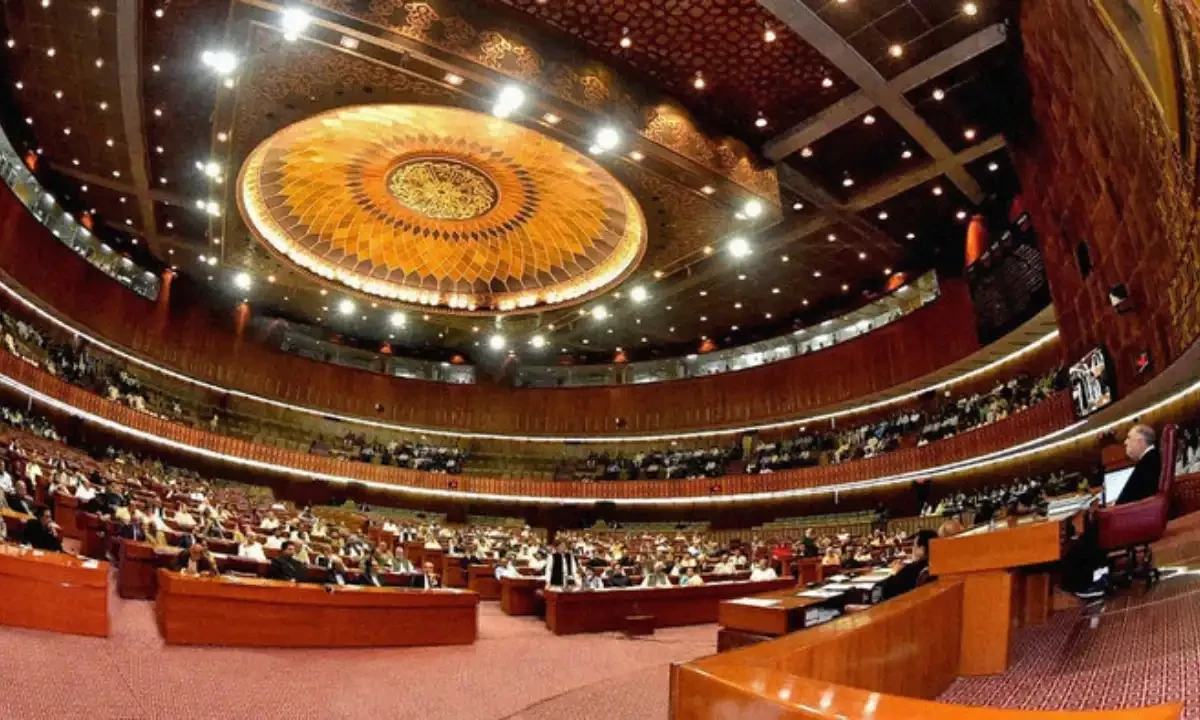Judges’ Retirement Age
The government is poised to hold separate sessions of the National Assembly and the Senate on Saturday to introduce a substantial constitutional amendment that could have far-reaching implications for the judiciary and other government employees.
This amendment, if passed, would alter the retirement age for various officials, including judges of the superior judiciary, bringing notable changes to their tenure and appointment procedures.
According to reliable sources, the government is optimistic about securing the required majority in both houses—National Assembly and Senate—to pass this crucial amendment.
However, there is also a possibility that the matter might be extended to Sunday if the discussions require more time or if any unexpected hurdles arise.
The central focus of the proposed amendment is to increase the retirement age for all government employees to 68 years. This extension would not only affect civil servants and other government officials but would also have a significant impact on the judiciary.
For judges of the superior judiciary, this amendment would raise the upper age limit for retirement from the current threshold to 68 years, aligning with the proposed changes for other government employees.
In addition to the change in retirement age, the amendment introduces a new rule for the appointment of Chief Justices in Pakistan’s superior courts. The amendment specifies that Chief Justices will be appointed based on seniority and will serve a fixed three-year term.
This change is intended to bring consistency and predictability to the judiciary’s leadership transitions, reducing any ambiguity or political influence in the appointment process.
Moreover, sources suggest that this amendment is designed to extend the tenure of the current Chief Justice of Pakistan, Qazi Faez Isa, allowing him to serve a full three-year term as Chief Justice.
This move would establish a precedent for future appointments, ensuring that subsequent Chief Justices, following the resignation or retirement of the incumbent, will also be appointed from among the senior judges for a similar three-year term.
If successfully enacted, this constitutional amendment could reshape the judicial landscape in Pakistan, ensuring a more structured and extended tenure for Chief Justices, while also standardizing retirement ages across the board for government employees.
It underscores the government’s intention to introduce reforms to bring stability and consistency to the judiciary and the civil services. However, the amendment’s passage will depend on the government’s ability to gather sufficient support in the parliamentary sessions scheduled for this weekend.










